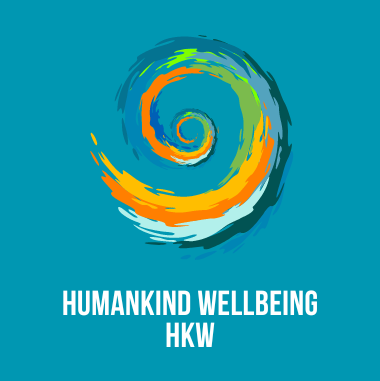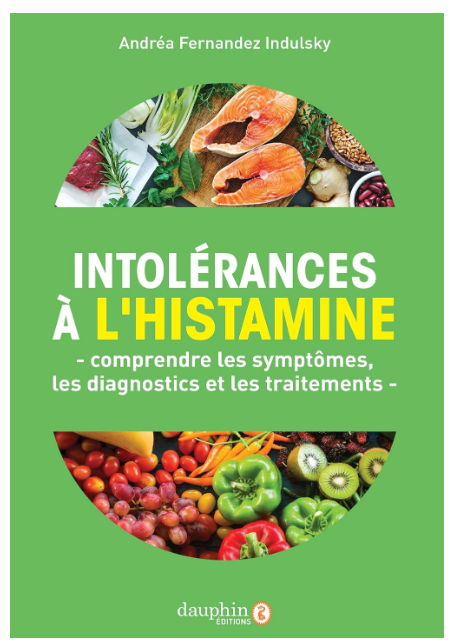COV SARS 2: The immune system
Hello,
In the face of this so-called "crisis", I'd like to share with you some important concepts to help you protect yourself.
SUPPORTING OUR DEFENSE SYSTEMS
To protect ourselves from the multitude of microorganisms that try to enter our bodies, we have a highly sophisticated defense system called the IMMUNITARY SYSTEM.
Vulnerable individuals, those whose immune system is unable to act effectively to eliminate them.
Natural barriers (skin, intestinal mucosa and pulmonary alveoli) represent our immune system's first line of defense, providing a barrier against invading intruders when they are functional.
Mucous membranes (mucous membranes of the digestive tract and respiratory tract) are places where nutrients and oxygen are exchanged with the outside world, and are therefore particularly vulnerable.
A number of NUTRIENTS are essential for an optimal immune response, and must be distributed through the diet.
Numerous studies have highlighted the beneficial role of vitamins and minerals (vit C, vit D, Zinc...) in improving infectious episodes. The immunostimulant properties of beta-glucans have also been the subject of numerous publications.
Viral replication is outlined below and comprises seven stages:
1. Adsorption of the virus to its cellular receptor
2. Virus penetration into the cell
3. Viral decapsidation or undressing
4. Viral genome replication
5. Synthesis of viral components
6. Assembly of new viruses
7. Their release

Studies have shown that nutrients such as zinc, quercetin and resveratrol exert DIRECT ANTIVIRAL ACTIVITY byinhibiting one or more stages of virus replication.
Individuals do not overreact so much (notably due to inflammation) that the collateral damage inflicted on infected tissues is far greater than that caused by the virus itself.
This inflammation is associated with any response from our immune system. It is the battlefield where our defense systems fight the enemy.
To be beneficial, our immune system's response must be appropriate: if an insufficient immune response doesn't enable us to organize an effective defense against the intruder, an exaggerated inflammatory response is likely to inflict major collateral damage. This inflammatory response must be limited in time.
To this end, certain micronutrients (green tea's EGCG, quercetin, resveratrol) or adaptogenic plants such as astragalus or Siberian ginseng can modulate an exaggerated inflammatory response.
To accomplish their mission of destroying intruders, certain cells in our defense system use free radicals, or superoxide anions, as weapons.
Our body must control these weapons to ensure that the destructive activity of free radicals does not attack our own molecules and cause molecular and cellular damage.
To protect ourselves, our bodies have developed anti-free radical defense systems whose functioning depends on nutrients . In addition, many antioxidant molecules need to be supplied by our diet, along with the fatty acids required to assimilate them.
SARS CoV2 and ACE2
The renin-angiotensin system is one of the most important regulatory systems for autonomic, cardiovascular and pulmonary functions.
In this system, there is a balance between two axes:
1-that of angiotensin II, which is more vasoconstrictive and involves the enzyme ACE 1 (angiotensin-1 enzyme)
2- that of angiotensin 1-7, which is more vasodilatory and involves the enzyme ACE 2 (angiotensin-converting enzyme 2), otherwise known as the protective axis.
Angiotensin-converting enzyme 2 (ACE2) is the receptor on which the SARS CoV2 glycoprotein SPIKE enables membrane fusion and virus internalization.
By binding to ACE2, the SARS glycoprotein CoV2 leads to reduced expression of the enzyme, thus creating an inability to convert angiotensin I to angiotensin 1-7 and causing an accumulation of angiotensin II generated by ACE 1.

This leads to increased pulmonary vascular permeability, inflammation and contributes to overall pathology.
Studies have shown that certain NUTRIENTS modulate the renin-angiotensin system by reducing Angiotensin II activity and/or stimulating the ACE2 axis.
I will introduce you to these NUTRIENTS in the following weeks:
vitamin D3, vitamin C, quercetin, zinc, selenium, green tea EGCG, N-acetyl L-cysteine, vitamin A, alpha lipoic acid, resveratrol, beta glucans and adaptogenic and immunomodulating plants such as Siberian ginseng, Indian gentian (my favorite) and astragalus.
Make sure you have at least 100 nmol/L of vitamin D3 in your blood, and a ferritin level of at least 50 µg/L for women, as iron is needed for hydroxylation of vitamin D3, otherwise it cannot be assimilated. Make sure you also eat cod liver once a month for vitamin A, which works in heterodimer with vitamin D3. In other words, a vitamin A deficiency can lead to a vitamin D3 deficiency, and vice versa.
See you soon with all the information about these nutrients!




